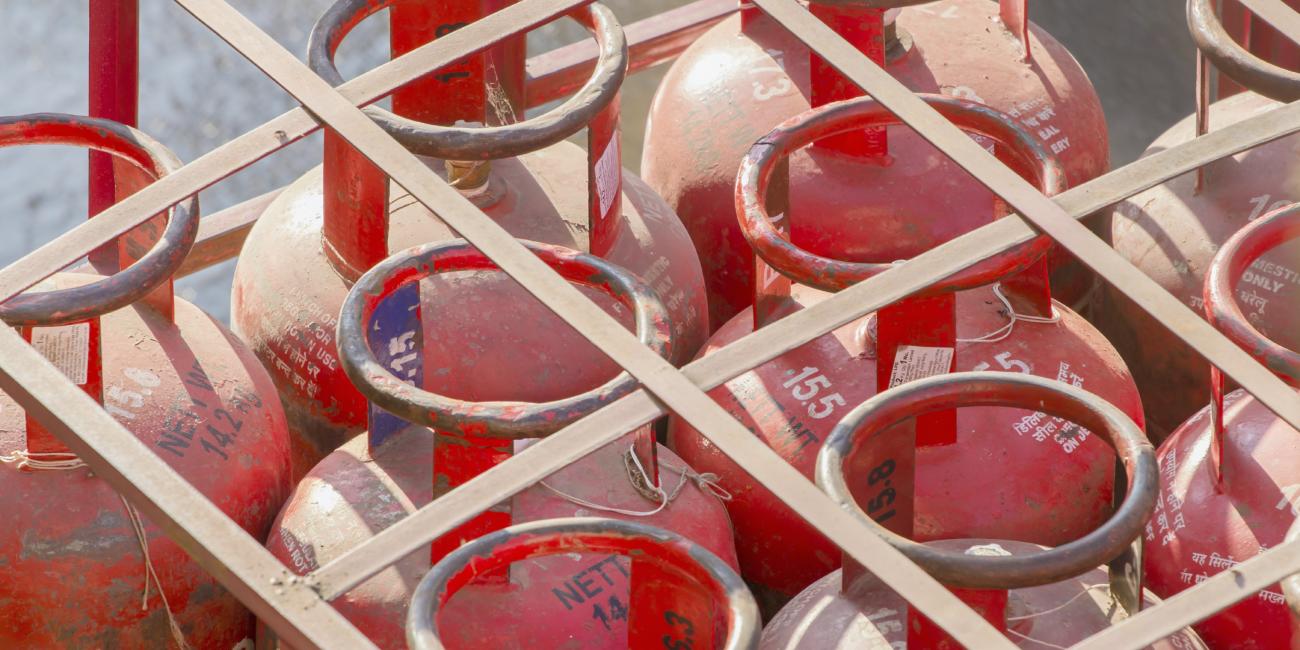Commentary: How Subsidies for Kerosene are Holding Back Solar Power in India
July 11, 2016
|
Kerosene is used by millions of households in rural India to meet basic lighting needs, and subsidies have long been used to make the fuel more affordable. But for health, safety and environmental reasons, a switch to solar power is better—and more affordable in the absence of kerosene subsidies.

